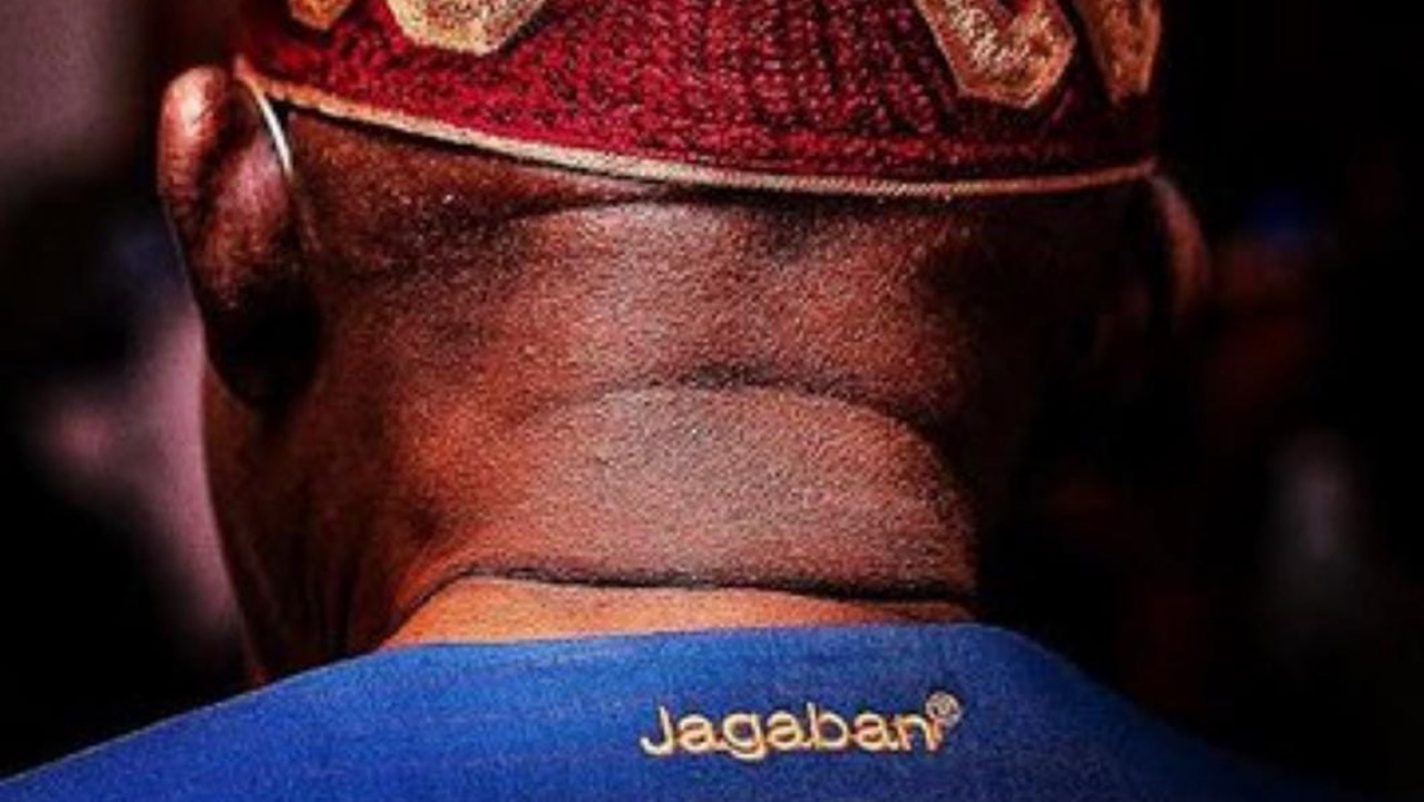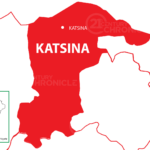If you are looking for a long-suffering people, they live in Nigeria. The elasticity of our faith is unmatched by any other nation. Forget about Ethiopia and its famine, Somalia and its internecine wars, Kenya battling insurgency or the celebrated South Africans battling apartheid; Nigerians are the most enduring people on planet earth.
Once Nigerians buy into something, anything; they ensure that faith in that thing is sustained. Nigerians believed that Bola Ahmed Tinubu, the architect of modern Lagos, would transform their country in record time in a way and manner that would make Malaysia, UAE and the Scandinavian nations green with envy.
What was the basis for that optimism, you may ask? His credentials – two-term governor, leader of the most educated region, and the man that opened the NADECO route into exile, snatching the flag of democracy before Sani Abacha could swat it. Thankfully today, Abacha’s closest aides are democratised members of Tinubu’s kitchen cabinet. Our forgiving president appointed the man that once maligned him as the most corrupt governor his chief of staff. Tinubu imbibes Allah’s propensity to rain on the wicked and the good.
On the campaign train, Tinubu did not make many promises. But for the 2012 speech that his enemies have exhumed detailing citizen’s rights to oppose bad policies and petroleum subsidy our leader’s democratic résumé is impeccable. Attempts at making the stuttering candidate ensnare himself with promises were always drowned by music from his chosen orchestra. One promise stands to his name – the promise to end the petroleum subsidy.
- Tinubu trying, he inherited near-bankrupt nation – Tafawa-Balewa
- Bauchi: Senator Buba donates to flood victims, asks gov to act
We must respect the President for living up to that promise before the ink had dried on his signature on his oath of allegiance to us. How we have longed for a man of his words to head our democrazy until we found this one. That was, until we all arrived at the fuel pumps and later reunited with our spouses returning from the open market. It was then that it became obvious that while we might not have been subsidised, removing the feeding bottle from our oppressors had vicarious consequences akin to being orphaned as a toddler in our clime.
Apparently, our suffering and pains were the recommended medication from our doctors at the IMF and the World Bank to help shed our morbid obesity as a nation. A Lagos boy had done what two decorated generals from Otta and Katsina could not do, not to mention a creek rat and a classroom chemist.
Tinubu’s predecessor, Muhammadu Buhari made himself petroleum minister just to fulfil a promise he made to us – to build one refinery for each year of his first four years. He spent eight years without being able to fix even the ones he once helped build. However, before he was pulled back to Daura, Buhari found redemption in his ‘cousin’, Aliko Dangote, the Kano-born-Lagos-made tycoon who promised and set out to build Africa’s largest privately-owned redemption refinery.
The moment Nigerians started jubilating that the only commodity they appropriated from the creeks to feed national greed would finally be readily available, Mele Kyari, the de facto godfather of petroleum affairs, busted our balloon of optimism. In a story well reported in May 2023, Kyari warned that “domestic refining can’t make up for petrol subsidy – but will ensure adequate supply.” In other words, just like African cockroaches inside a microwave, the more you try to kill corruption the more corruption remains.
Kyari was barely telling us not to believe the petroleum figurehead. Apparently, when the Washington and New York misanthropes pressured Buhari to kill the subsidy, he responded with stoic stubbornness that he could never unleash more suffering on his people. He assured them that a Rehoboam comes who would chastise them with scorpions.
He was right. Tinubu wasted no time in announcing the withdrawal of the phantom ‘subsidy’, leaving noisemakers and armchair critics to discuss the politics behind the subsidy. They hyped him by quoting ‘repentant’ member of the cabal who once announced how a friend of his removed himself from the oil cartel because he was ‘tired of making unearned money’.
Fast forward to 2024, Aliko Dangote has fulfilled his promise, recruiting us to battle the cabal that wanted to turn his factory into a modern relic. We all backed a patriot to get his crude surply in Naira as payment for his patriotism. Today, his managers swear they have enough petrol to drive the nation and end artificial scarcity, except that even Dangote needed Kyari’s go-ahead to sell fuel to the nation. Kyari decides who gets fuel everywhere from the creeks where it is produced to Abuja and elsewhere where it is needed. Obviously, there is something we need to know that we don’t.
To secure democracy and accountability, our president has also renewed the mandate of Mr. Kyari as the de facto petroleum minister. What seems obvious is that Tinubu’s renewed hope works in mysterious ways. We might need seers to help us ascertain that we know the things we thought we knew. These events have renewed the hope for us to pine our hopes elsewhere.
These are awesome times indeed, headed by an opposition leader that, in 2012 lamented the narrowing of the democratic space and the prevention of citizens’ right to protest policies that exacerbate the sufferings of the people. That same person in power has pulled out the sedition card from the dustbin of dictatorship to silence those that had the temerity to rally against bad governance.
The juices of Tinubu’s ‘emi lokan’ or it’s my turn is dripping with honey for those in the Rock and the bitterness of quinine for those outside. Pending the time when the first victims of our democratic dictatorship are executed for sedition, this, in the eye of the custodians of democracy, still looks like a democracy.
If elections were called today, the presidential musician would still organise his orchestra to muffle the incoherence of its candidate. Some of those now groaning would still vote to prevent unbelievers from taking over the nation’s affairs. In other quarters, votes would still be cast on our religious, ethnic and regional cleavages rather than executable policies.
Perhaps some of us are impatient judges. With our elastic hope, we are reminded as the scriptures say that weeping may endure for a night – joy comes in the morning.

 Join Daily Trust WhatsApp Community For Quick Access To News and Happenings Around You.
Join Daily Trust WhatsApp Community For Quick Access To News and Happenings Around You.


